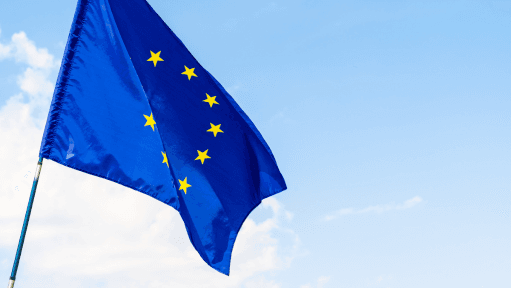
EU’s Landmark DSA Aims to Safeguard Public From Illegal Content
In an attempt to ensure a safe digital environment, the European Union (EU) has passed a landmark Digital Services Act (DSA) that upholds user’s safety and fundamental rights. The act requires digital companies to take action against illegal and problematic content.
The regulations outlined in the DSA have been enforced across all platforms from February 17, 2024. However, since the end of August 2023, these regulations have been in effect for designated platforms with over 45 million users within the EU, referred to as Very Large Online Platforms (VLOPs) or Very Large Online Search Engines (VLOSEs), which account for approximately 10 per cent of the EU's population. Failure to comply may result in substantial fines for the world's largest tech firms.
The DSA oversees various online intermediaries and platforms, including marketplaces, social networks, content-sharing platforms, app stores and online travel and accommodation platforms. Its primary objective is to mitigate illegal and harmful activities on the Internet as well as combat the dissemination of disinformation.
According to Sunil Ambalavelil, Chairman of Dubai-based NYK Law Firm, “the DSA established by the EU represents a significant stride in consumer protection, ensuring fair treatment and access to quality digital services, but its broad scope and intricate provisions may pose challenges for businesses in compliance and adaptation to the evolving digital landscape”.
What is in it for the public?
The new regulations have been introduced to provide better protection of fundamental rights, grant users more control and choice and offer stronger safeguards for children on the Internet.
It aims to empower users by providing them with greater control over their online experience and choices. This includes measures to enhance user privacy and data protection as well as mechanisms for managing content preferences and personal information.
Talking about the UAE laws to regulate the digital space, Sunil said: “The principles delineated in the EU's groundbreaking digital content law are remarkably relatable to the UAE legal framework, reflecting a shared commitment to enhancing consumer rights and fostering trust in the digital marketplace.”
How does DSA affect big companies?
All platforms must promptly remove illegal content or make it inaccessible upon becoming aware of its presence. Additionally, they must swiftly alert authorities if they suspect criminal activities posing threats to individuals' lives or safety.
Annually, companies should publish reports detailing their content moderation actions, including response times to notifications of illegal content. They are also obliged to disclose decisions made in user disputes.
Furthermore, platforms must suspend users who frequently share illegal content like hate speech or fraudulent advertisements. Online shopping platforms must verify user identities and block repeat offenders of fraud.
The major tech companies operating in the EU, like Google, Meta and TikTok have already confirmed that they are developing strategies to comply with DSA.
The law introduces stricter regulations on targeted advertising, prohibiting such ads for children aged 17 and under. Users must also be informed about how their data is utilised, with targeted advertising based on sensitive data such as ethnicity, religion, or sexual orientation being banned.
These stringent obligations do not apply to small companies, which are defined as having fewer than 50 employees and an annual turnover of less than 10 million euros.
For any enquiries or information, contact ask@tlr.ae or call us on +971 52 644 3004. Follow The Law Reporters on WhatsApp Channels.